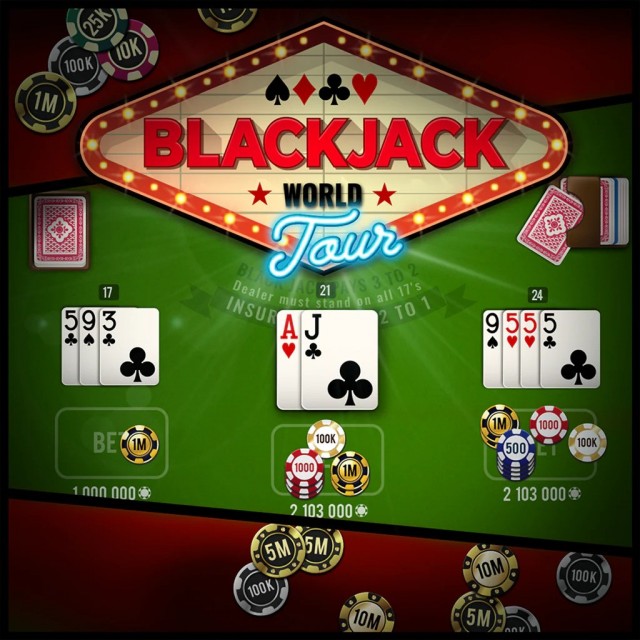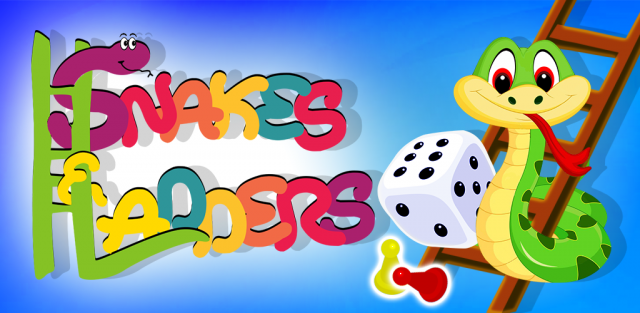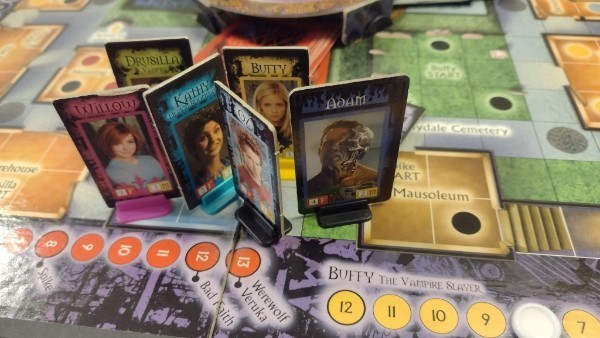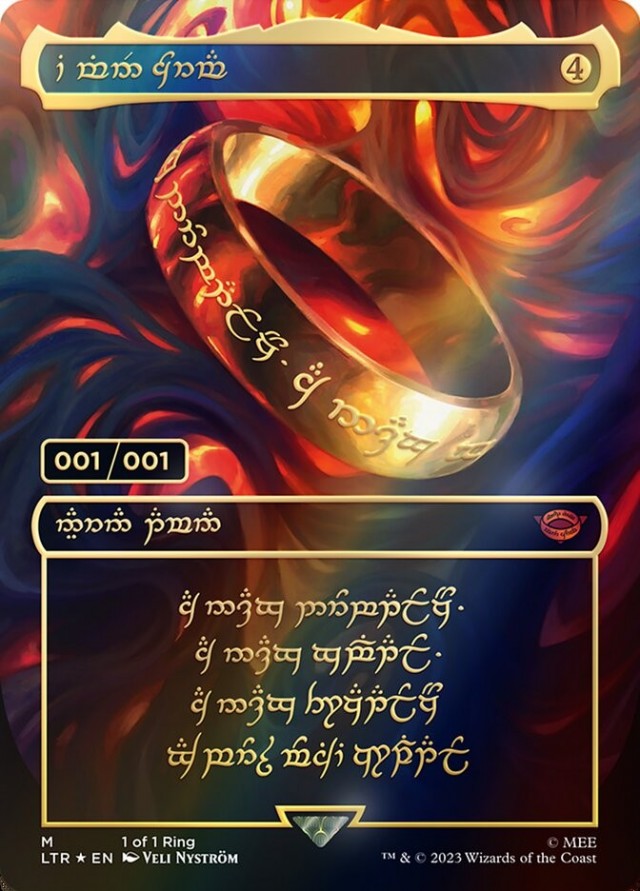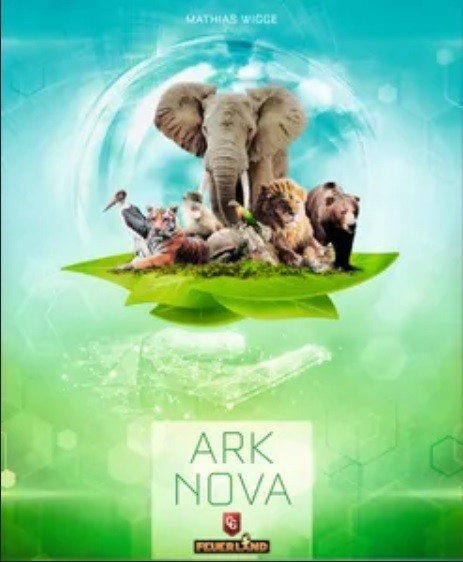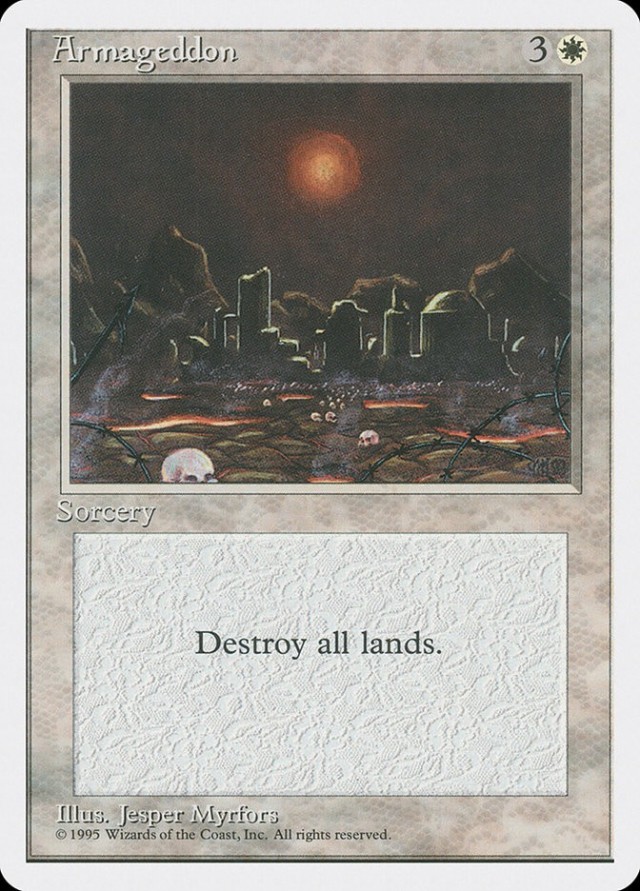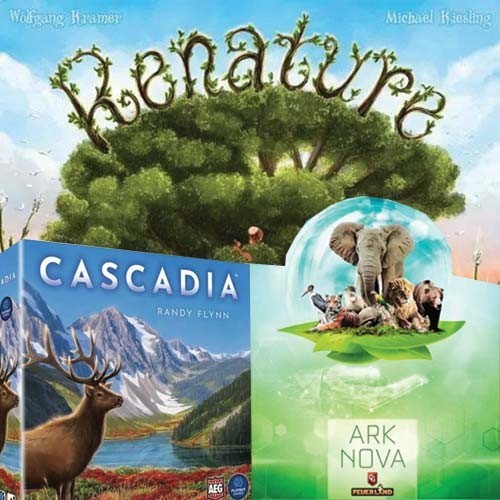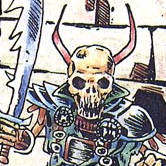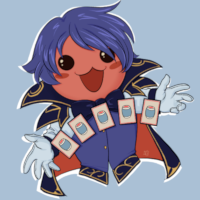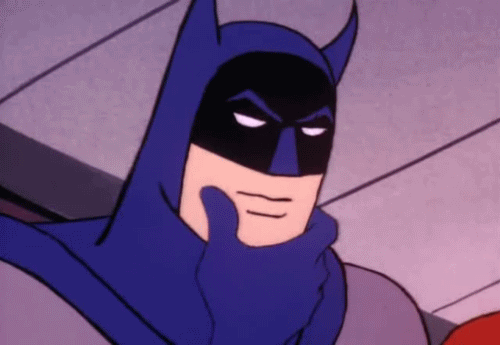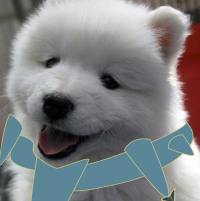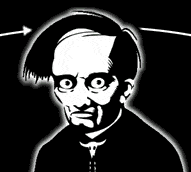On the value of the Top 10 list.
Last week on Reddit’s boardgaming page, Codenames—a game maybe 6 months old—overtook Twilight Struggle for the number one spot. I think many of you would agree with me when I say that that’s total insanity. There’s a slim, slim chance that Codenames is anywhere near as good as TS (as of this writing, that error has corrected itself and TS is back on top by a razor-thin margin).
There’s a vocabulary problem inherent to the notion of the Top 10 list—it can’t figure out what it means when it purports to be listing the best games. I would like to propose that the best games might not be the games we like the most, and our favorite games might not be that good. Take the BGG Top 100 for example. That list represents the weighted aggregate ratings of all users’ collections. But there’s a pretty glaring issue: a rating of 9, according to BGG’s suggestion, is supposed to simultaneously represent that I consider something to be an “Excellent game” AND that “I always want to play it.” But those aren’t the same thing at all. Look, I think Archipelago is an amazing game. I am impressed by it at every scale, and my knowledge of the development of eurogame mechanics over the past 15 years only makes me appreciate it more. But I certainly don’t always want to play it. In fact, most of the time I’d rather play a dice chucker with wonky rules but lots of player conflict that will wrap up in an hour and a half.
It turns out that T.S. Eliot, of all people, wrote an essay titled “What is Minor Poetry?” that weighs in on this very issue. In the essay, he sets out to explore the difference between a Great Poet (Shakespeare, Milton) and a “minor” one (O'Shaughnessy, Campion). He never actually manages to define those terms, but his discussion makes a powerful observation, which has really shaped how I approach all of the arts and media I consume. He writes: “I should be inclined to doubt the genuineness of the love of poetry of any reader who did not have one or more of these personal affections for the work of some poet of no great historical importance: […] This poet may not be very important, you should say defiantly, but his work is good for me.” In other words, to have any real credibility as a poetry lover, Eliot says that you have to like some poems because they agree with your personal taste, critical reception be damned.
You may disagree with his viewpoint, but by arguing this way, Eliot creates a useful distinction between Good in a critical sense and Good in a personal sense. In other words, there is—or should be—some disagreement between a list of the best poems and a list of my favorite poems.
I think it would be worthwhile for those of us in the boardgaming hobby to adopt and adhere to this distinction. So many people in our community are quick to shit on Munchkin for not being very good—and by most critical standards, it isn’t—but they also can’t seem to allow for the idea that someone might like it anyway. That might be an extreme example, but I see these sorts of discussions on TOS all the time. Everyone is quick to defend their favorite games from all critical remarks, as if someone else not liking Wiz-War or calling Caverna derivative means no on else is allowed to like them either. Likewise, much as I might bemoan the hype over yet another “simple and elegant worker-placement” euro hitting the shelves, my distaste for that genre doesn’t determine whether they are good or bad. Here too Eliot has some wise words: “It is hard to ask the two questions, ‘Is this good, whether I like it or not?’ and ‘Do I like this?’ at the same time: and I often find that the best test is when some phrase, or image, or line out of a new poem, recurs to my mind afterwards unsummoned.” With so many new games coming out, maybe it’s a fool’s errand for us to even bother to try talk about whether they are good or bad. Only time, along with both critical and popular support, can make that determination. Wouldn't we all be better off just worrying about whether or not we will want to play them more than once? I think most of us on this site are of that mindset, but is there no way to spread the view within the hobby at large?
I’ve been toying with writing this post for a few months, especially after seeing the how the Dice Tower People's Choice Top 100 included barely anything more than 5 years old. But what pushed me over the edge was Mad Dog’s F:AT Hall of Fame thread. It’s seems like some of us posted a list including just our favorites (the route I took), while others included some games that they thought deserved it regardless of where they might fall in a Personal Top 20. I think it would be a really cool exercise for us to come up with two different lists based on the good-vs-favorite distinction. What is our community’s collective opinion on what the Best games are? How different would that list look from our cumulative list of Favorites?
Note: T.S. Eliot, 1946. “What is Minor Poetry?” The Sewanee Review 54: 1–18. Available on JSTOR.
 Games
Games How to resolve AdBlock issue?
How to resolve AdBlock issue? 
